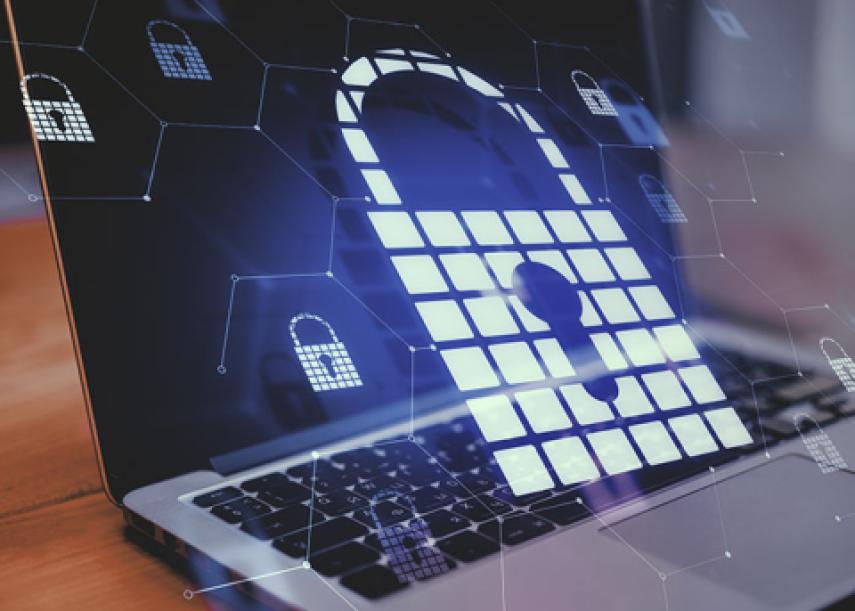
Cybersecurity is crucial for banking customers, including both individuals and businesses, as it helps to protect their sensitive financial information and prevent unauthorized access to their accounts. With the increasing use of online banking and digital payment systems, the risk of cyber attacks has never been higher.
WHY IS CYBERSECURITY IMPORTANT FOR BANKING CUSTOMERS?
• Protection of Personal and Financial Information: Cybersecurity measures help to safeguard personal and financial information from cybercriminals who may seek to steal identities, commit fraud, or drain bank accounts.
• Prevention of Unauthorized Access: Cybersecurity practices help to prevent unauthorized access to bank accounts, which can result in financial loss and damage to credit scores.
• Compliance with Regulations: Banks and financial institutions are subject to various regulations that require them to implement appropriate cybersecurity measures to protect customer data.
• Maintenance of Customer Trust: Banks rely on customer trust to maintain their reputation and customer base. A data breach or other cybersecurity incident can erode that trust and result in customer attrition.
BEST PRACTICES FOR ENHANCING CYBERSECURITY:
• Use Strong Passwords: Use complex and unique passwords for each banking account, and avoid using easily guessable information such as birthdates or pet names.
• Enable Two-Factor Authentication: Enable two-factor authentication (2FA) on all banking accounts to add an extra layer of security to prevent unauthorized access.
• Be Vigilant Against Phishing Attacks: Be wary of suspicious emails, texts, and phone calls that ask for personal or financial information, and never click on links or download attachments from unknown sources.
• Keep Software Up to Date: Keep your devices and software up to date with the latest security patches and updates to protect against known vulnerabilities.
• Use Secure Networks: Avoid using public Wi-Fi networks to conduct financial transactions, as these networks may be insecure and put your information at risk.
Protect your financial information from cyber attacks by following these best practices: use strong passwords, enable two-factor authentication, avoid phishing scams, keep software up to date, and use secure networks. Banks and customers must work together to ensure a safe banking environment. Act now to secure your accounts and prevent cybercrime.
